The delegation from the Ministry of Industry and Trade (MOIT) was led by Mr. Trinh Quoc Vu, Deputy Director of the Department of Energy Efficiency and Sustainable Development (DEESD), along with specialists from DEESD, representatives from Vietnam Electricity (EVN).
During the visit, the delegation conducted site inspections at several key energy users and businesses implementing energy consumption standards for 2024 in Lao Cai province.
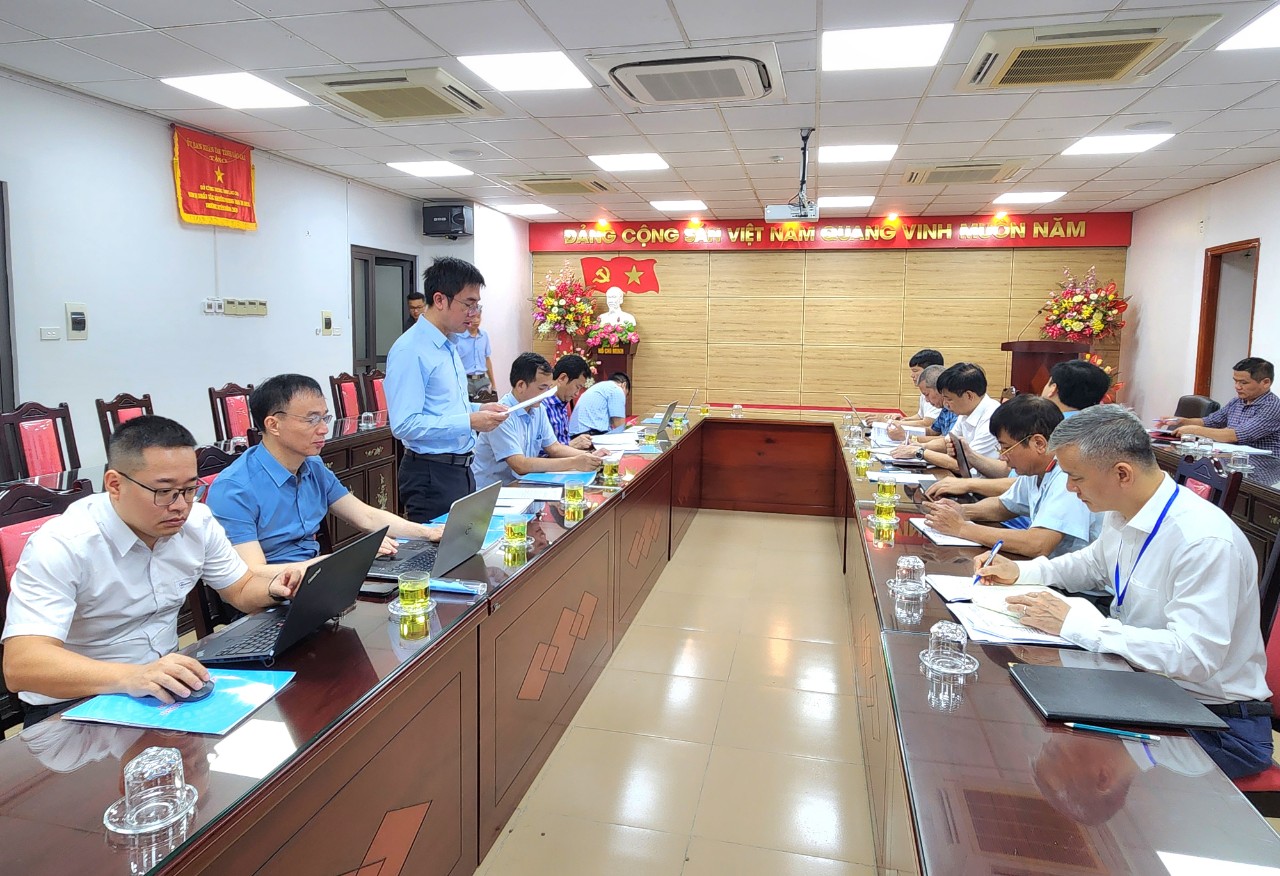
Mr. Tran Van Viet, an DEESD’s expert, outlined the reviewing agenda.
Effective Implementation of Energy Efficiency Regulations
Mr. Nguyen Tuan Anh, Head of the Energy Management Division, Lao Cai Department of Industry and Trade, stated that the Department had advised the Provincial People's Committee to issue several decisions, plans, directives, and official documents on electricity supply and energy efficiency. The Department of Industry and Trade has also proactively issued documents to organizations and individuals to guide the implementation of energy efficiency regulations, thereby extending these measures to the wider community in the province.
The Ministry of Industry and Trade's inspection team works on energy efficiency in Lao Cai.
In 2023, the Department organized two training courses on energy management systems for energy managers in production facilities and businesses, with 50 participants per course. It also provided consultations for 20 businesses and production facilities in the province regarding the Law on Energy Efficiency and Conservation.
For key energy users, the Department of Industry and Trade requires the implementation and application of energy management systems in compliance with the Law on Energy Efficiency and Conservation and regulations on energy saving.
In household and service sectors, many families have replaced incandescent bulbs with energy-saving lighting. Old appliances like TVs, refrigerators, and air conditioners have been replaced with energy-efficient models. Some businesses and households have installed rooftop solar systems and biogas systems to utilize livestock waste for production and daily needs. Service businesses have also adopted energy-saving measures in advertising and decorative lighting, as well as hotels and restaurants have switched to central air conditioning systems.
For public lighting, local authorities have invested in and upgraded systems to energy-efficient LED lights controlled by automatic relays.
To reduce power losses, the electricity sector has implemented technical measures to upgrade the distribution network and promote demand response programs. It has also collaborated with media to guide customers on safe, efficient electricity use.
Mr. Ha Van Anh, Deputy Director of Lao Cai Power Company (PC Lao Cai), reported to the inspection team.
Mr. Ha Van Anh reported that in the first four months of 2024, electricity demand in Lao Cai grew by 17.5%, significantly higher than the national average growth of 12.4% year-on-year.
Over recent years, electricity consumers in Lao Cai have generally complied with energy efficiency regulations. In 2023, Lao Cai saved 55.35 million kWh, achieving a 2.13% saving rate. Notably, peak electricity demand in Lao Cai mainly occurred during off-peak hours. The power loss rate for the first four months of 2024 was 2.41%, making PC Lao Cai one of the units with the lowest power loss rates in Northern Power Corporation (EVNNPC).
Lao Cai has 19 key energy users, and 63% of the province's commercial electricity consumption is from these facilities. Therefore, Lao Cai has identified adjusting non-commercial electricity loads and shifting peak-hour consumption to off-peak hours as important measures for efficient electricity use and ensuring power supply during peak dry season months.
Enhancing State Management
At the meeting, Mr. Cu Huy Quang, Deputy Head of the Inspection Team from DEESD, praised the proactive issuance of directives and diverse, innovative communication methods. Mr. Quang requested detailed reports on compliance with energy efficiency laws for the 19 key energy-consuming facilities in the province.
Mr. Cu Huy Quang praised the proactive issuance of energy efficiency directives by the Department of Industry and Trade of Lao Cai.
According to the Department of Industry and Trade of Lao Cai, state management of energy efficiency is still limited due to financial constraints for replacing and upgrading equipment and technology. Some businesses do not fully recognize the importance of energy efficiency. Energy managers at key facilities often handle multiple roles, causing difficulties in management and implementation.
The Department of Industry and Trade has requested the Ministry of Industry and Trade allocate more funds and organize training courses to enhance the capacity of state management officials on energy efficiency. It has also asked for training in energy management and guidelines on determining energy consumption standards in various industries to improve management capacity and responsibilities.
Mr. Trinh Quoc Vu (on the left) speaks at the meeting.
After inspecting state management and energy efficiency measures at key energy users in Lao Cai, Mr. Trinh Quoc Vu, Deputy Director of the Department of Energy Efficiency and Sustainable Development (Ministry of Industry and Trade), commended the awareness and solutions implemented by businesses and local authorities.
He emphasized the importance of energy efficiency in ensuring electricity supply amid increasing demand in 2024 due to industrial and service sector growth, hot weather, and higher dry season electricity consumption. Mr. Trinh Quoc Vu urged the Department of Industry and Trade to review management documents, enhance inspection, and implement specific plans to achieve the goals set by the Vietnam National Energy Efficiency Programme for 2019-2030 (VNEEP 3) and Directive No. 20 of the Prime Minister.
"The Ministry of Industry and Trade will always support local authorities in implementing state management of energy efficiency. For 2025 and subsequent years, the Department of Industry and Trade should closely cooperate with the Department of Energy Efficiency and Sustainable Development to propose support measures. Based on local proposals, the Ministry of Industry and Trade will compile, review, and approve programs and tasks aligned with the National Energy Efficiency Program for 2019-2030. The Department is ready to provide maximum support for localities in training and capacity-building for energy management staff," Mr. Vu emphasized.
According to the approved inspection plan for 2024, the Ministry of Industry and Trade will inspect energy efficiency implementation at 22 units, including 9 provincial Departments of Industry and Trade.
Duc Do

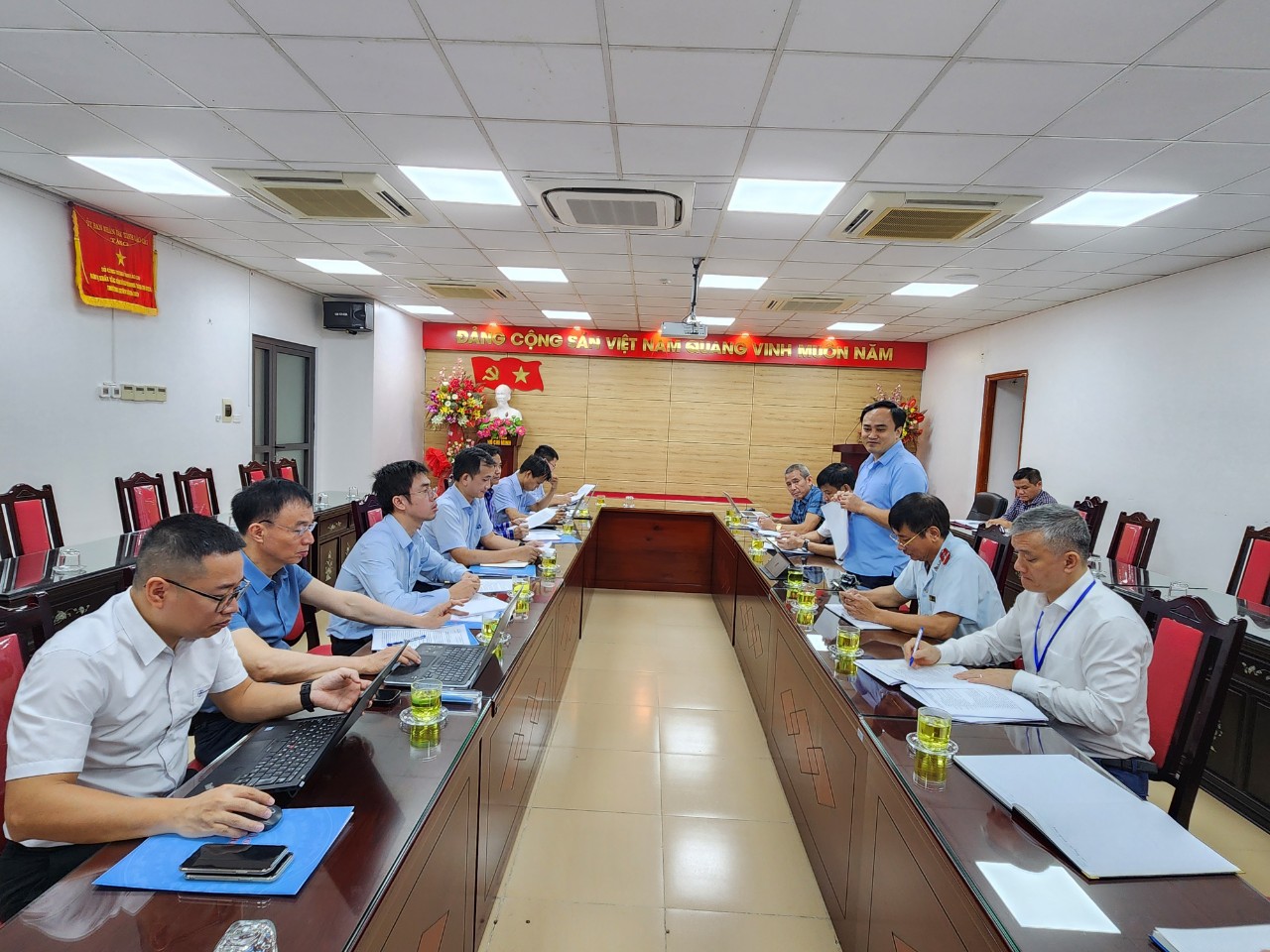
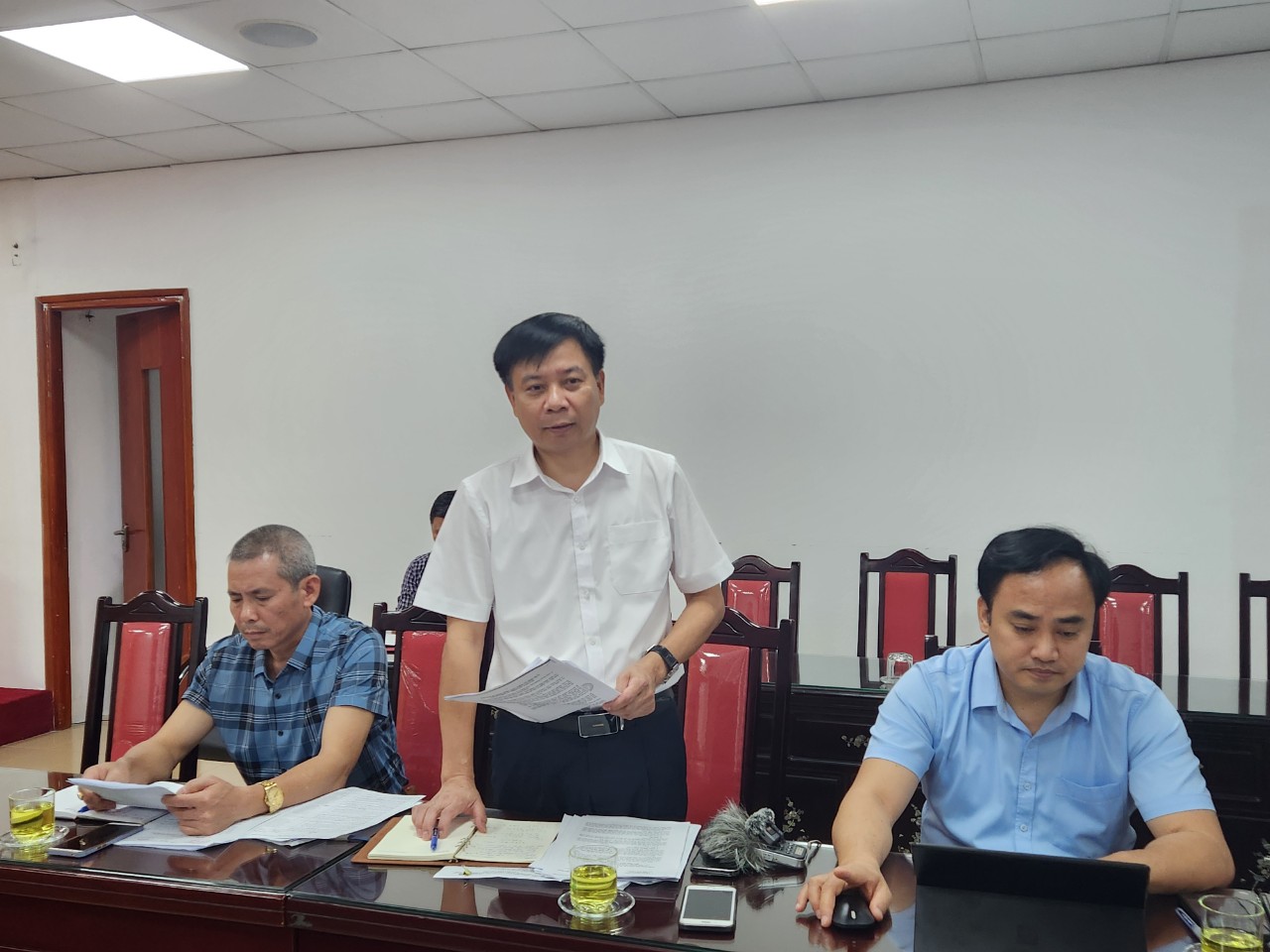
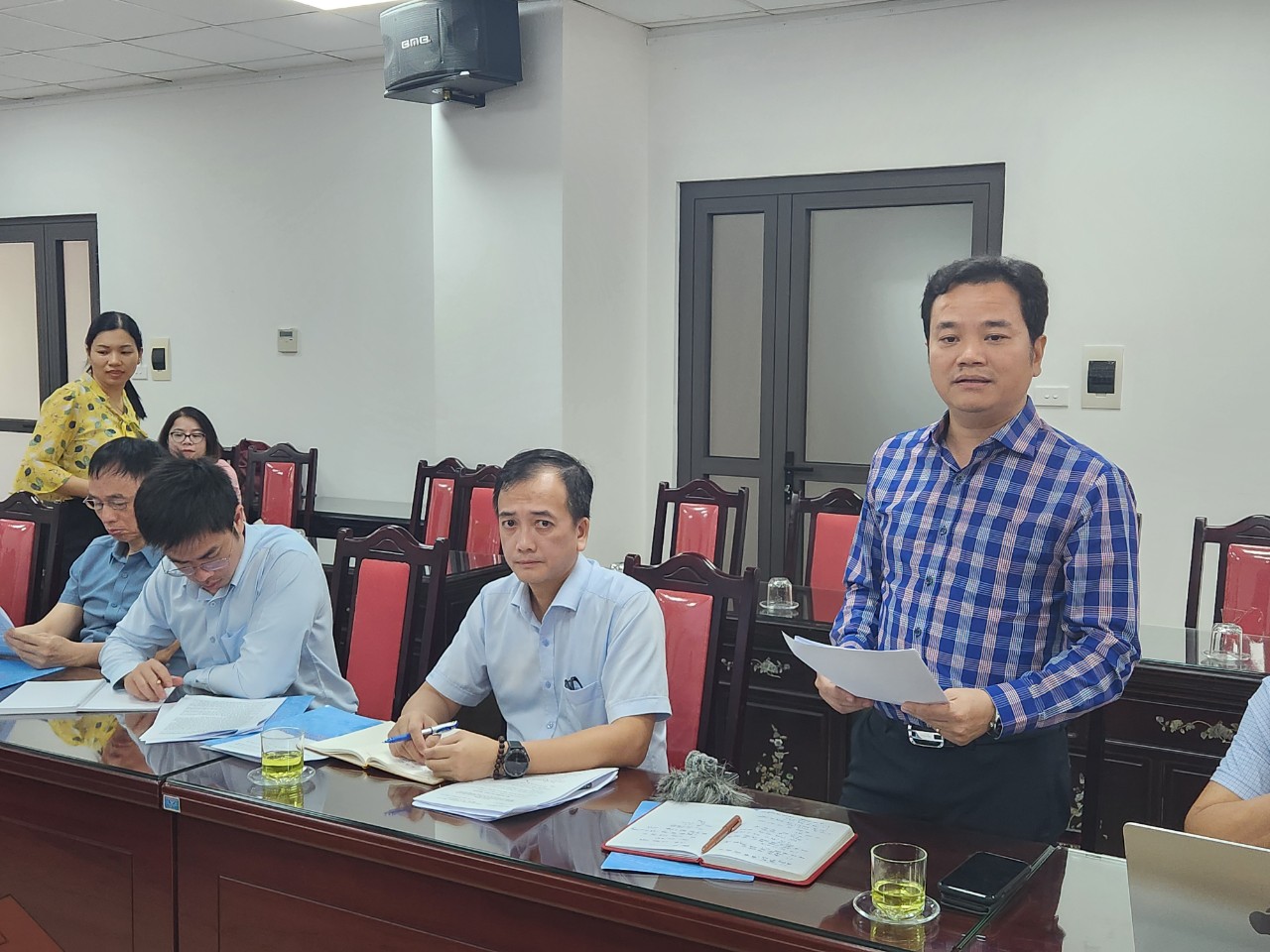
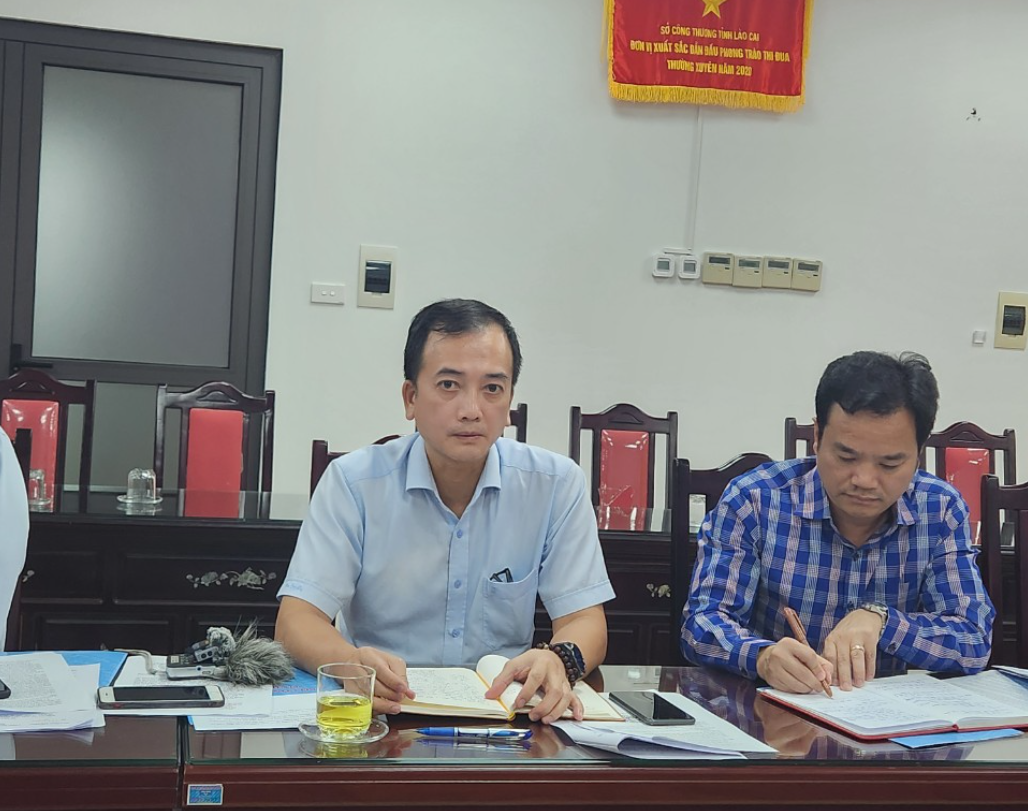








 Consultation on the methodology for developing and updating energy consumption standards for four major industrial sectors
Consultation on the methodology for developing and updating energy consumption standards for four major industrial sectors
 Opening of the 2025 Energy-Efficient Equipment and Green Transition Exhibition Fair
Opening of the 2025 Energy-Efficient Equipment and Green Transition Exhibition Fair
 Energy-saving solutions and green transition promotion
Energy-saving solutions and green transition promotion
 The 9th VEPG Steering Committee Meeting: Strengthening Coordination for Viet Nam’s Just Energy Transition
The 9th VEPG Steering Committee Meeting: Strengthening Coordination for Viet Nam’s Just Energy Transition